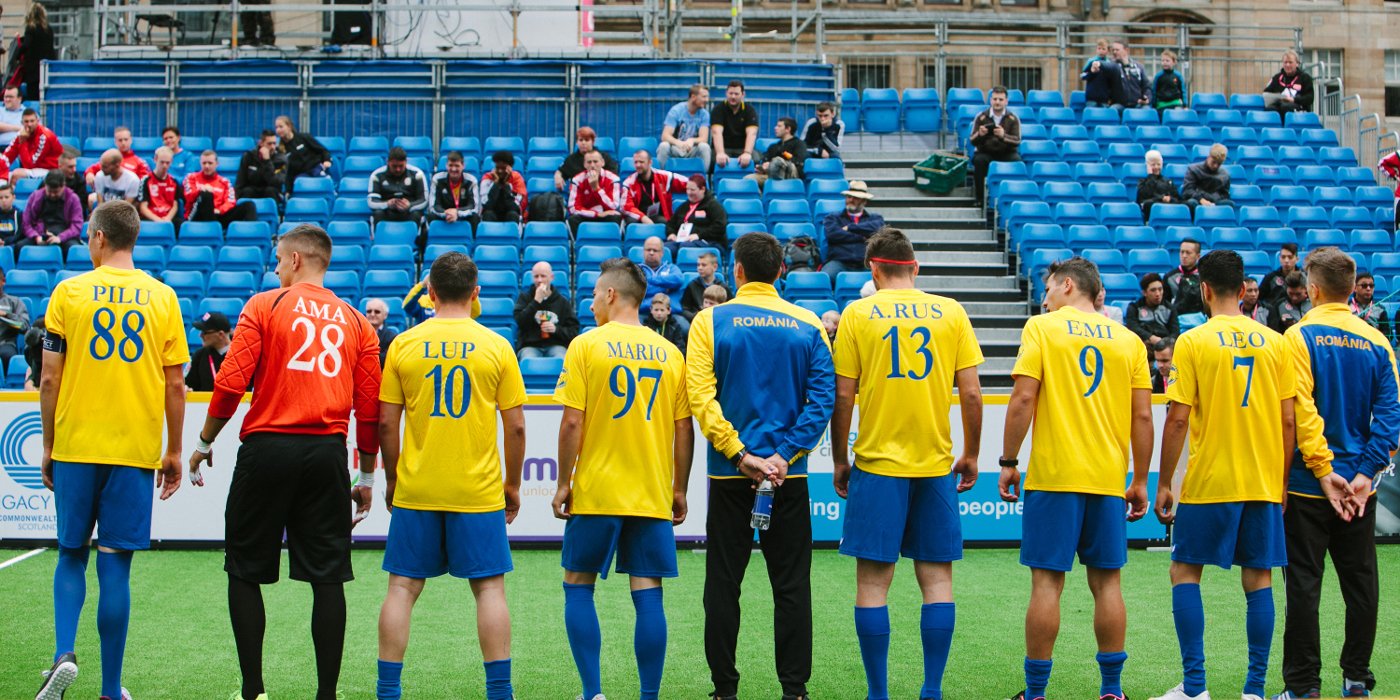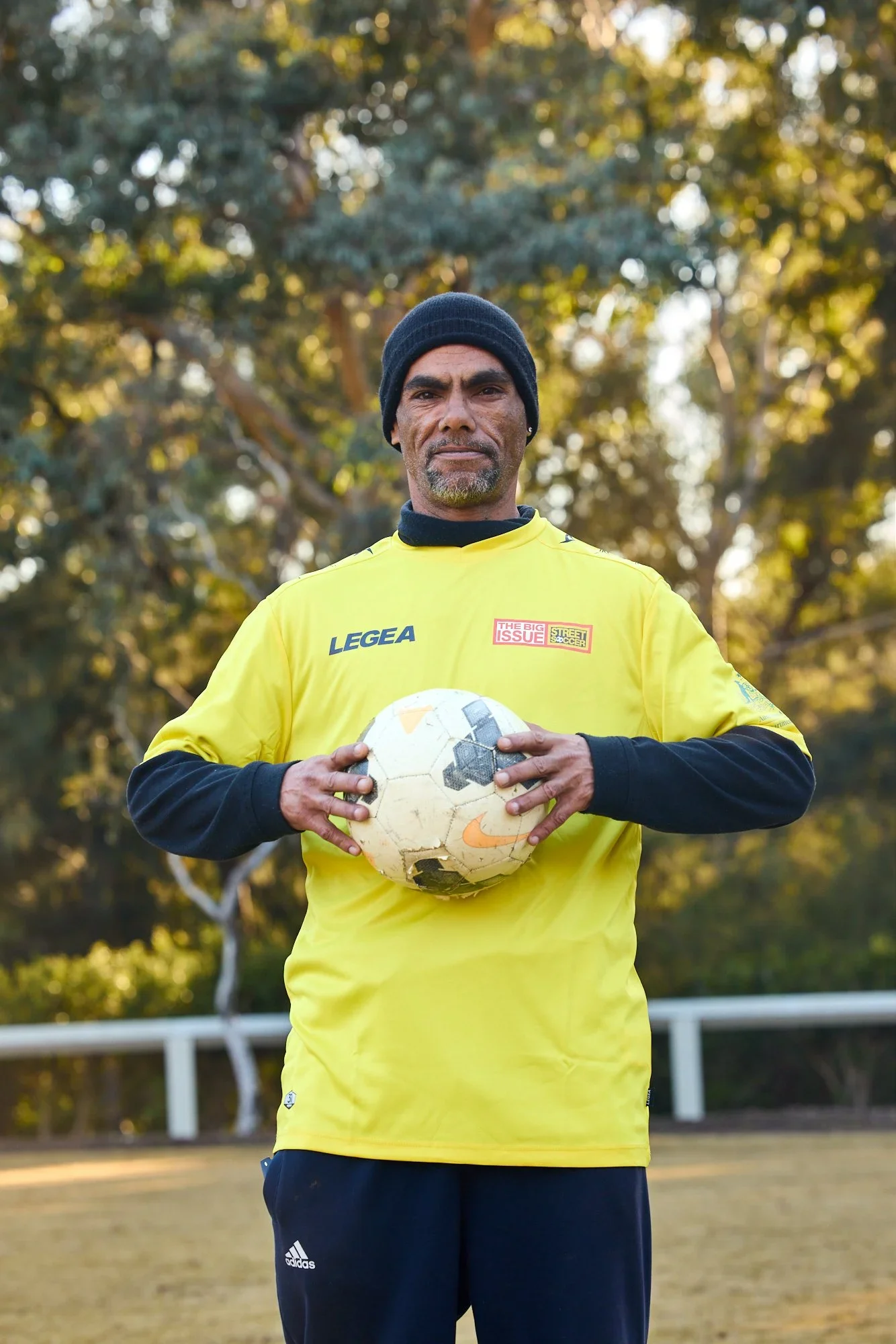
Romania
CLUBUL SPORTIV FOTBAL DE STRADA METANOIA
Clubul Sportiv Fotbal De Strada Metanoia (Metanoia Street Football Sports Club) use sports, particularly football, to enable street children, those suffering from substance abuse, and other marginalised people to gain the benefits that sports can bring – such as becoming part of a team, increased self-confidence, and learning how to interact with others.
To be a good football player and team member, self-control and discipline are essential, and Fotbal De Strada believe that by developing these qualities on the pitch, players can also make progress in other areas of their lives.
PARTICIPANTS
Street children and youth, disadvantaged people, and those suffering from substance abuse. They also work with women who have been forced into prostitution and victims of human trafficking.
LOCATIONS
Timisoara and other locations in the west of Romania.
Country statistics
49 out of 189 in Human Development Index rating
(UNDP, 2019)
$12,580 Average annual salary per person (World Bank, 2021)
5 million people in romania are living in poverty (Habitat for Humanity, 2021).
Romania is located in eastern Europe and has a population of 21.2 million. The capital city, Bucharest, has a population of 1.794 million. Urbanisation is only 54.3%, leading to a fairly even population distribution throughout the country (CIA Factbook, 2021).
Romania’s macroeconomic gains have recently started to create a middle class and to address Romania’s widespread poverty. An ageing population, emigration of skilled labour, significant tax evasion, insufficient health care, compromise Romania’s long-term growth and economic stability (CIA Factbook, 2021).
The unemployment rate is at 3.06% and youth unemployment, between the ages of 15-24, is 17.3% (CIA Factbook, 2021).
Romania remains a source country for sex and labour trafficking victims in Europe. While the government has made efforts to tackle this, Romania is still on the Tier 2 Watch List for not meeting the minimum standards for the elimination of trafficking (CIA Factbook, 2021).
The housing needs in Romania are some of the most severe in the European Union. Of the 5 million Romanians who live in poverty, 1.5 million of those are children, while 52% of Romanians live in overcrowded conditions. Urgent repairs are needed on 21.5% of the country’s houses, as they are in poor condition. In winter months, 12% of Romanians cannot keep their homes adequately warm and housing costs overburden 15% of Romanians (Habitat for Humanity, 2021).
During the Covid-19 pandemic, many aid organisations were forced to close their doors to people because of a shortage of sanitiser and masks. Other shelters imposed lockdowns to protect the people living there. However this was detrimental to those in search of accommodation (France 24, 2020).
Bucharest has expansive underground sewers, which provides shelter for many people who are homeless, including a large number of people suffering from substance abuse (Channel 4, 2014). Many are young people who escaped from orphanages and have found shelter underground (Deutsche Welle, 2014).
STORIES From the Region










